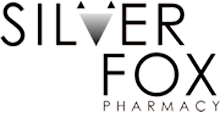10 Best Practices for Managing Medications in Retirement Homes

Medication management is important for everyone. But when you run a care facility like a retirement home, it plays an essential role. Everyone from the management to staff members need to be on the same page. Managing medications in retirement homes is essential to ensure the well-being and safety of the residents. So, it goes without saying that retirement homes must periodize it. Here are 10 best practices for effectively managing medications in retirement home environments: Comprehensive Medication Management Practices Maintain accurate records of each resident’s medications, including dosage, frequency, and any special instructions. Designate a designated staff member, such as a nurse or pharmacist, to oversee medication administration and management. Maintain Strict Medication Safety Protocols Implement strict safety protocols to prevent medication errors. Use barcoding or electronic medication administration records (eMAR) systems to verify doses and reduce the risk of mistakes. Regularly review and update medication lists, ensuring that they’re consistent with the physician’s orders. Focus on Staff Training and Education Provide thorough training to staff members responsible for medication administration. Ensure staff are knowledgeable about each medication’s purpose, potential side effects, and interactions to address residents’ concerns and provide accurate information. Provide Personalized Medication Plans Develop individualized medication plans for each resident based on their medical conditions, allergies, and preferences. Regularly review and update these plans with input from medical professionals to reflect any changes in the resident’s health status. Have Detailed Medication Administration Procedures Administer medications on schedule and according to the prescribed dosage. Use proper techniques for medication administration, such as administering with or without food, crushing tablets if necessary, or following other specific instructions. Ensure proper disposal of expired or unused medications. Have a Process for Monitoring and Documentation Regularly monitor residents for any adverse reactions or side effects from medications. Document all medication administrations, including date, time, dosage, and the staff member responsible. Have Strong Family and Resident Communication Keep residents and their families informed about the medications being administered and any changes in the medication plan. Address residents’ questions or concerns about their medications in a timely and compassionate manner. Ensure Safe Medication Storage and Security Store medications securely in a designated area that is locked and accessible only to authorized personnel. Separate residents’ medications to prevent mix-ups and ensure accurate administration. Leverage Pharmacist Consultation Collaborate with pharmacists to review medication regimens and ensure proper dosages and interactions. Leverage the expertise of pharmacists to provide guidance on medication management. Conduct Regular Medication Reviews Conduct regular medication reviews to assess the ongoing need for each medication and identify potential alternatives or adjustments. Involve the resident’s healthcare provider in the review process. By following these best practices, retirement homes can help ensure the safety, well-being, and proper management of medications for their residents, promoting a higher quality of life and peace of mind for both residents and their families.




